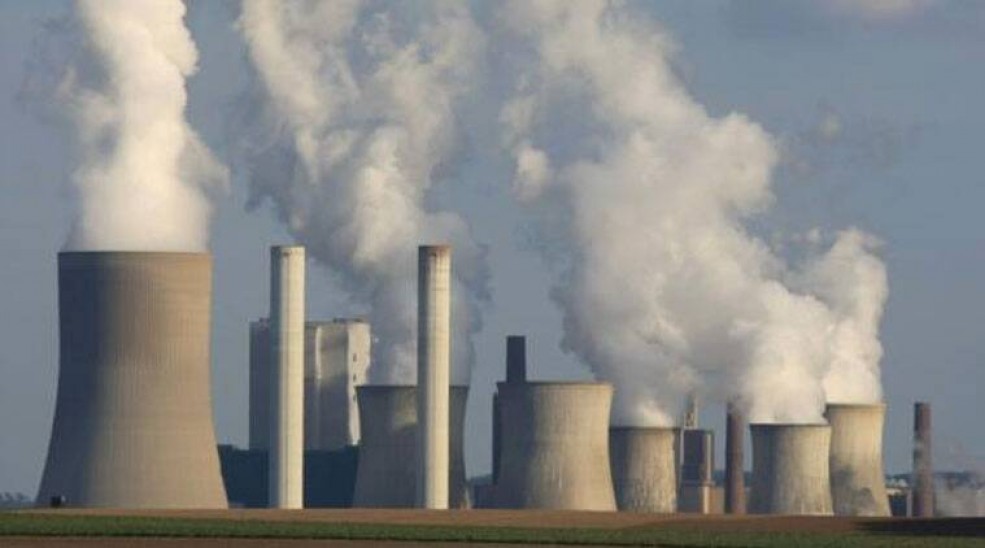
Greenhouse Gases: A Major Cause of Climate Change
- 6th June 2021
- Mumbai, India
- Climate Change | Pollution
Written By: Shashwat
Climate change is becoming a growing concern for humankind and all the species living on this planet. According to studies, climate change can cause a quarter of land animals, birdlife and plants to become extinct if crucial steps aren’t taken to control its impact. Due to global warming, sea ice is shrinking by 14% every decade in the arctic region, which puts a question mark on the survival of animals of the polar region. Due to changing seasonal patterns because of climate change, the ice is breaking up sooner in the late spring and forming later in the fall, making it difficult for the polar bears to hunt for food in their habitat.
It’s not only the animals in the polar region that are suffering from adverse effects of climate change but also the birds. There has been a significant change in birds’ migration pattern along with aquatic animals like sharks, that have shown movement towards the upper side of the hemisphere due to the constant heating up of the ocean. In fact, animals living in tropical zones, like elephants and tigers, also have faced water shortage due to a decrease in rain.
Climate change has negatively affected all biotic and abiotic life, which brings up the question, 'What is the major cause of climate change?' Well, it can be summed up in two words: Greenhouse Effect. Since the Industrial Revolution in the 1800s, the global temperature has increased at a much faster rate. Greenhouse gases like carbon dioxide, methane, nitrous oxide, and CFCs have contributed significantly to global warming. A large amount of these gases are produced from the burning of fossil fuels, which is vastly done in the sector of energy production that involves transportation, electricity production, industrial and commercial use.
Greenhouse gases trap heat radiating from the earth toward space. Therefore, whatever heat is generated on earth, it stays in the atmosphere, increasing the average temperature on the planet, hence, resulting in global warming. Climate change has been detrimental to all the living organisms on this planet. One of the most significant steps towards curbing it would be taking actions on its source, i.e., emission of greenhouse gases.
Many countries have taken some major initiatives to achieve carbon neutrality — to achieve net-zero carbon dioxide emissions by 2050 — so that the increase in temperature can be limited to 1.5°C and the worst effects of climate change can be averted. This goal is set to be achieved by 2050 and its roadmap provided by IEA (International Energy Agency) has various countries as well as organisations coming together and pledging towards accomplishing this goal so that the environment can remain comfortably inhabitable for all the species.
Although the prominent stakeholders have been doing their best to create a more ecologically friendly and sustainable world, there are ways in which we, as individuals, can also contribute towards maintaining the temporal balance of the earth. Some of the conservation methods that we can follow in our daily lives are:
1. Switching off electrical appliances when not in use
2. Using eco-friendly ways of transport
3. Installing solar system at home
4. Buying sustainable clothes
5. Following the three Rs: Reduce, Reuse, Recycle
6. Eliminate plastic use
7. Purchasing energy-efficient appliances
8. Being aware of the source of our consumption
These steps may bring change on a large scale alone but if each individual starts following these and pledge to live more sustainably, then maybe the impact that can be achieved could be enough, which will add on to the roadmap of achieving carbon neutrality. The present situation of the earth because of global warming is adverse, indeed, but what matters now is how we look at the future. Critical actions are necessary to bring a positive change, and it’s only when individuals start incorporating an eco-friendly and sustainable lifestyle will the efforts of the UN and IEA succeed to create a future that’s much more environmentally efficient.
--
Sources: News Agencies